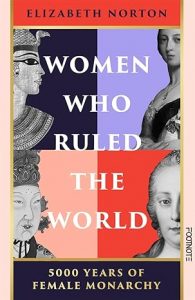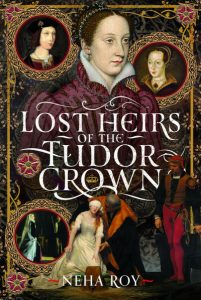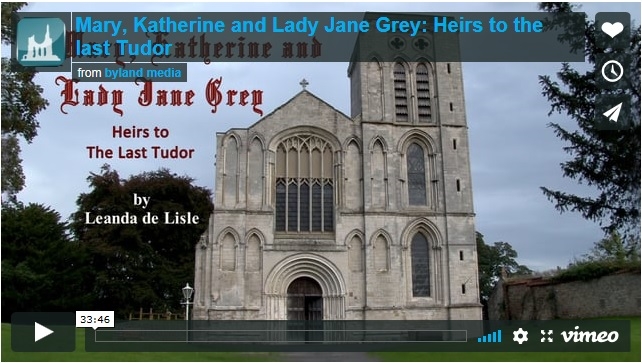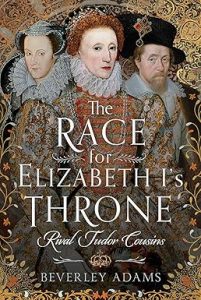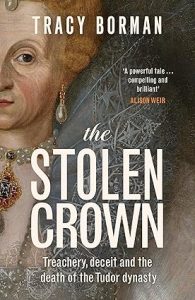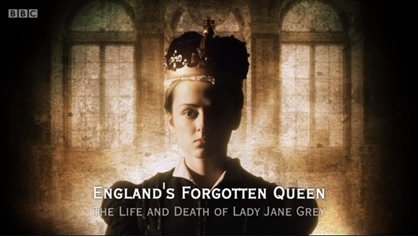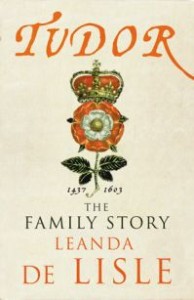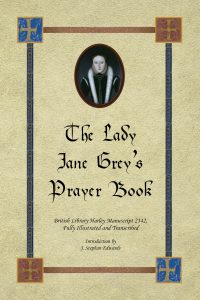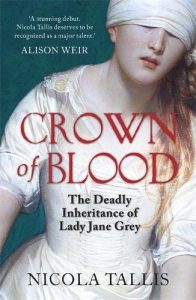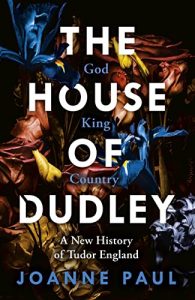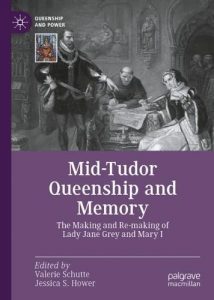Professor David Loades is the author of ‘Mary Rose: Tudor Princess, Queen of France, the extraordinary life of Henry VIII’s sister’, ‘The Tudors: History of a Dynasty’, ‘The Boleyns: The Rise and Fall of a Tudor Family’ and ‘Mary Tudor’ amongst others.
Many thanks to David for answering my questions.
1. Why did you choose to write about Mary Tudor Queen of France & Duchess of Suffolk?
I wrote about Mary Tudor because I was invited to do so by the Amberley Press. It seemed to be within my competence, so I decided to give it a shot.
2. What does your book add to the existing works about Mary Tudor?
It builds on, and brings up to date, W.C. Richardson’s MaryTudor, the White Queen, of 1970. A lot of research has been done since Richardson wrote – some of it by me.
3. Why do you think Henry VIII forgave Mary for marrying Charles Brandon?
Henry forgave Mary because he was fond of her, but forgiveness only went so far. He exacted heavy financial penalties from her and her husband.
4. Who was the main protagonist behind their marriage, Mary or Charles?
Mary was undoubtedly the driving force. Brandon would not have dared, and in any case he had promised Henry that he would do nothing until they had returned to England.
5. Why do you think that Mary and Margaret Tudor (who both became Queens) have been overlooked in recent years?
They have not been completely neglected. Apart from some older work, there is Maria Perry’s Sisters to the King of 1998, which is a respectable piece of history, dealing with them both.
6. What do Mary’s letters whilst Queen and in the aftermath of the death of Louis, reveal about her personality and her political role?
They reveal that she was brave enough to take control of the situation, and shrewd enough to realise that she would have to placate her brother. Reminding him of his promise took courage. They also show her feisty side
7. Do you have a favourite quote from Mary’s letters?
I think that my favourite quotation comes from a letter which she wrote to Henry on the 15th February 1515, describing a conversation which she had had with Francis I:
‘Whereunto I answered that I would disclose unto him the secret of my heart in humility as unto the prince of the world after your Grace in which I most trust, and so declared unto him the good mind which for divers considerations I bear to my Lord of Suffolk, asking him not only [to grant] me his favour and consent thereunto, but [also]that he would of his own hand write unto your grace, and pray you to bear your like favour upon me…’
She goes on to say that that had put an end to the advances which Francis had been making to her ‘not according to my honour’. It is altogether a most interesting letter!



